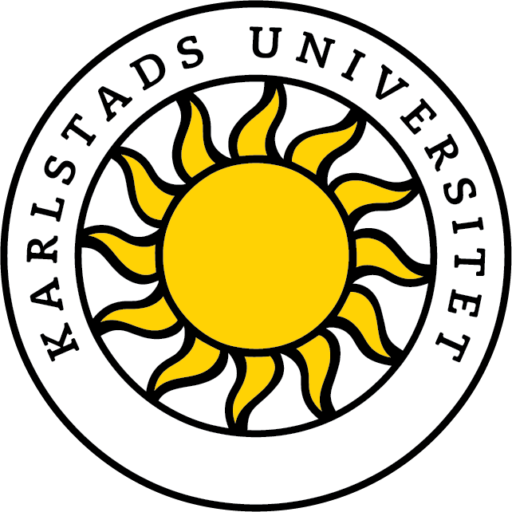Författare: John Johansson och Erik Månsson
Institution/enhet: Handelshögskolan
Ämne: Företagsekonomi
Abstract
When teaching a subject that can only be properly understood and applied in a group context, traditional education, emphasizing individual learning, testing and grading over group work, may be less adequate. This paper aims to report experiences combining traditional teaching with facilitating collective learning with both academics and practitioners.
Gergen (2009) highlights the benefits of cooperative education. The learning goals may remain unchanged. What is different is that cooperative education enabled expansion beyond the classroom to become cross-sectoral and cross-geographical.
At Karlstad Business School the change from classroom based to online teaching during the Covid pandemic enabled a class in basic project management to experiment with global classrooms, qualified guest teachers and intergenerational learning. The design included mixing groups of Swedish and foreign students with paying corporate customers.
Initial findings demonstrate that it is possible in a very short time to move from acquiring new knowledge and concepts to co-creating new learning formats and acquiring new knowledge in a relational exchange with participants. Success criteria cover in particular the way teams of students are composed, work together effectively, grow self-motivation and become self-organized.

